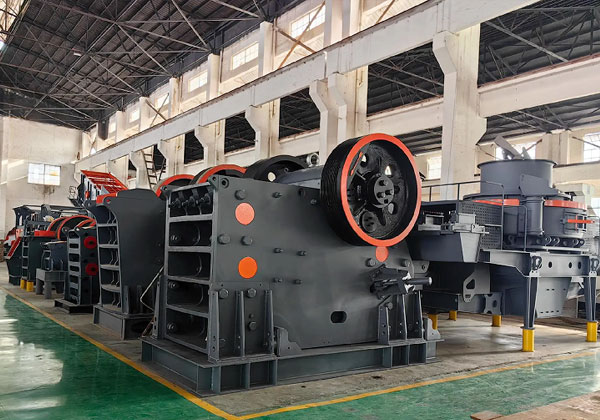River stone, often referred to as cobblestone, is one of the most commonly used materials in construction and aggregate production. River stone is a popular raw material in the construction and mining industries because of its durability, strength, and wide range of applications. To process river stone, a specialized crusher is needed that can handle the material’s varying sizes and hardness. The most common crushers used for river stone processing include jaw crushers, impact crushers, and cone crushers.
The first stage of river stone processing typically involves feeding large river stones into a primary jaw crusher, which breaks them down into smaller, more manageable sizes. Jaw crushers are known for their robust design and high efficiency in breaking tough materials. They can handle large chunks of stone, reducing them to a size that is suitable for secondary processing. During this stage, the stones are also screened to separate fine materials from coarse ones, ensuring that only appropriately sized material moves to the next stage.

Once the material has been reduced in size by the jaw crusher, it moves to secondary crushers, which can include impact crushers or cone crushers. Impact crushers are typically used to further break down the material into smaller, more uniform sizes. These crushers use high-speed rotating hammers or blow bars to crush the stones. Cone crushers, on the other hand, are used to produce finer materials, often for applications like asphalt and concrete production. The choice between an impact crusher and a cone crusher depends on the desired size and type of aggregate.
In addition to crushers, river stone processing often involves screening and washing to ensure that the end product meets specific size requirements and is free of impurities. Vibrating screens are used to separate the material based on size, allowing the finer material to be separated from coarser aggregates. The stone can also be washed to remove any clay, dirt, or other contaminants, further enhancing the quality of the final product. This step is particularly important for applications like concrete production, where impurities can affect the material’s strength and durability.
To ensure optimal efficiency and performance, a river stone processing crusher should be chosen based on the specific needs of the project. Factors such as the desired output size, crushing capacity, and material characteristics must be considered when selecting the right crusher. Additionally, regular maintenance and proper operation of the equipment are crucial for maximizing its lifespan and maintaining high productivity. By investing in a suitable river stone processing crusher, companies can produce high-quality aggregates for construction projects while minimizing operational costs and downtime.
